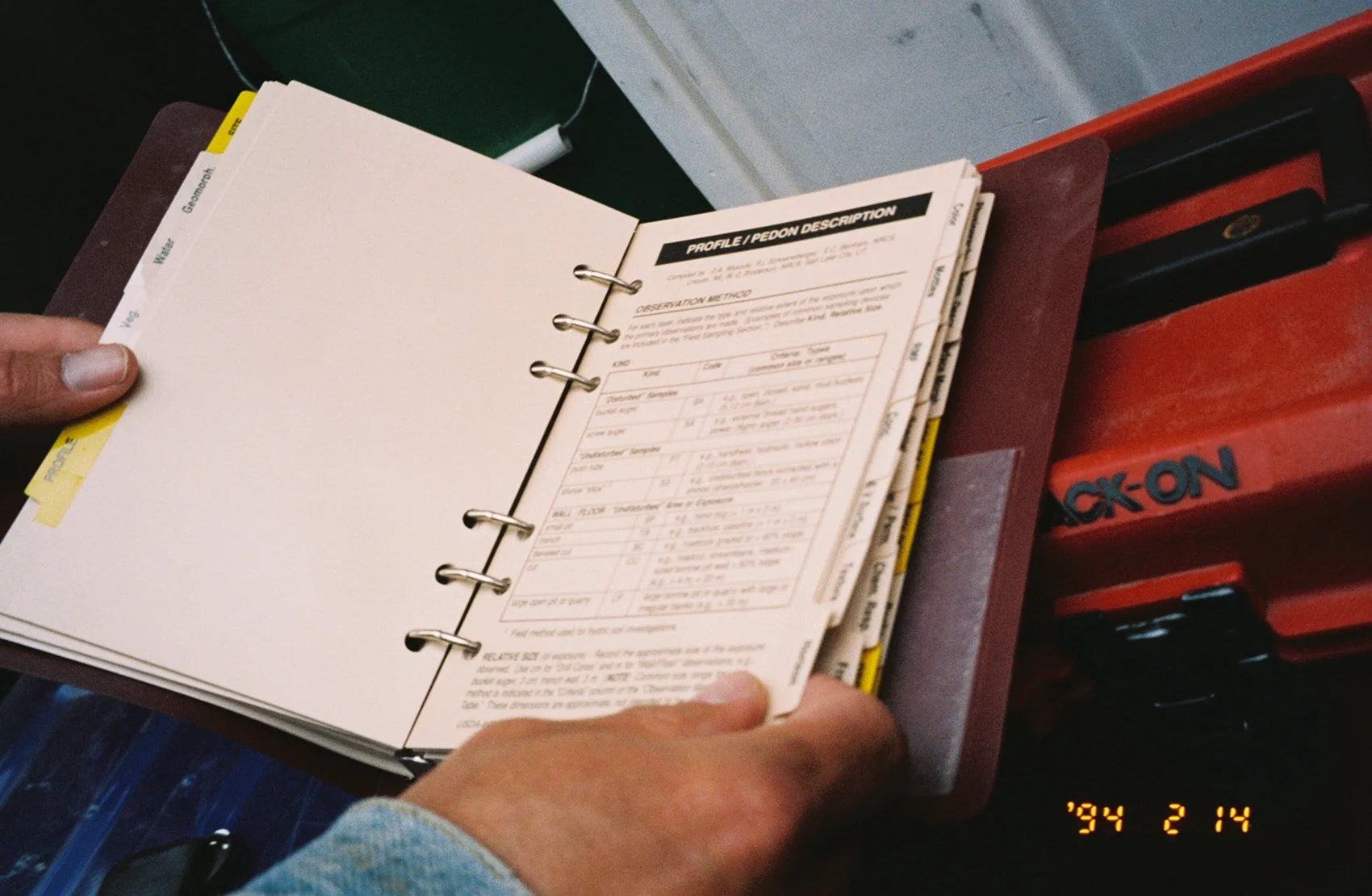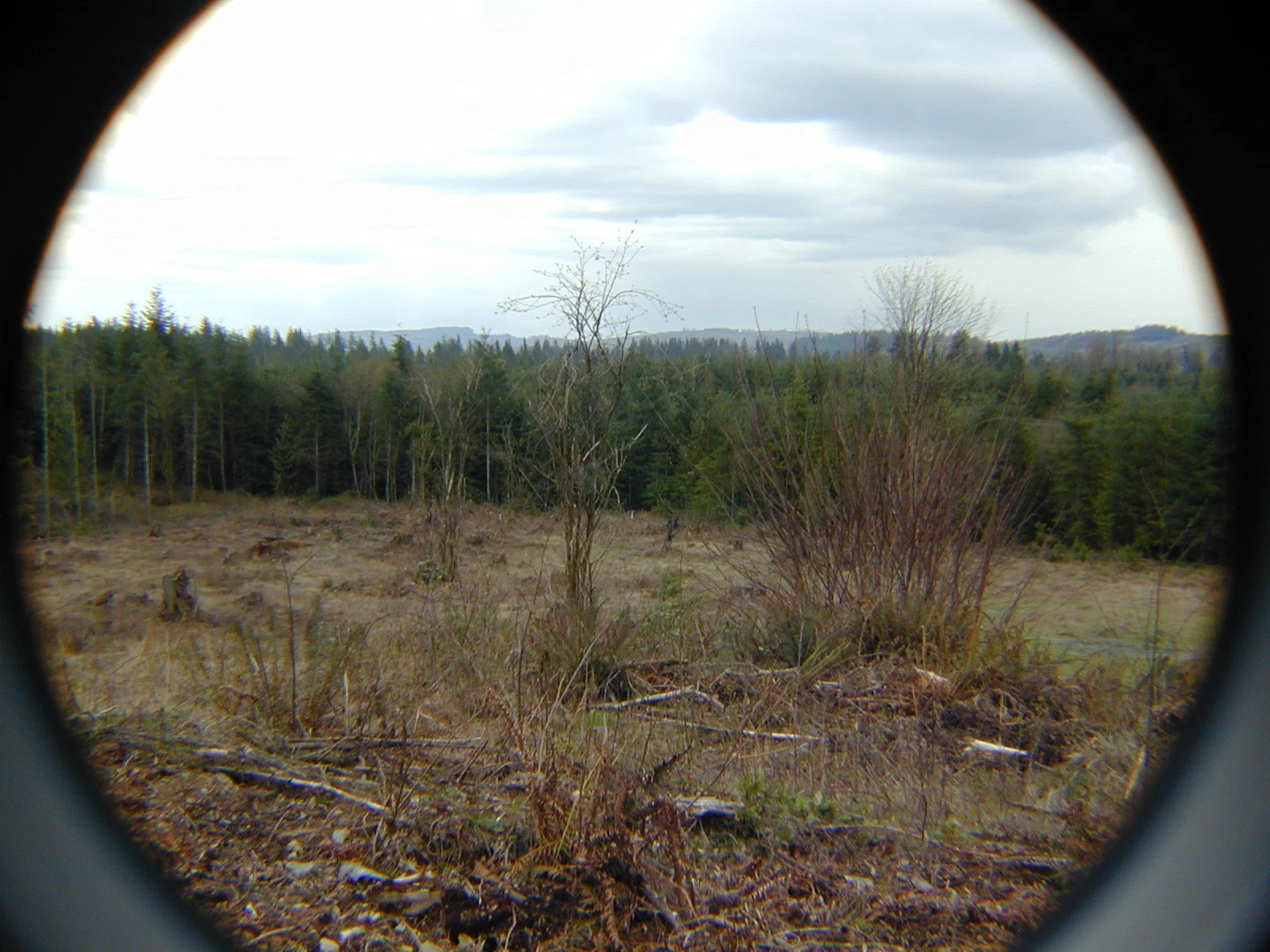How To Do a Property Inspection
Inspecting Real Property
Placing a property under contract is an exhilarating experience. There is a sense of positive anticipation, along with a certain sense of caution, at least for me. No one wants to close on a property and find a surprise once they own it.
Inspection Periods:
It is possible to close on real property and waive an inspection. I have never done it and I think it is reckless to do so under almost every condition. A waived inspection can create unnecessary risk and potential problems at three broad levels.
The land
The Improvements
The Title to the property (rights & obligations granted in the Deed)
(I suggest reading my post on The Difference Between Real Estate & Real Property on these 3 key areas). https://www.landdevelopmentrealities.com/home/2019/1/1/real-estate-or-real-property
Inspection Step 1 – Get the Seller Real Property Disclosure Statement:
Once a property is under contract, most states require a Real Property Seller Disclosure Statement provided from seller to buyer. It is due 3-5 days after mutual execution of the Purchase and Sale Agreement in my state. The document is about 4 pages long and the seller provides the answers to a multitude of questions centered around the land, the improvements, and condition of title of the subject property. There are 3 possible answers: YES, NO, and DON’T KNOW, plus fill-in lines for additional details, if needed.
Benefits of Disclosure Statements for Buyers:
The buyer benefits through having the sellers actual knowledge about the property, assuming the truth is provided. The “truth” is why the Disclosure Statement is not a substitute for a full and independent property investigation by the buyer, but it is a good starting point. The buyer should carefully review the Disclosure Statement while conducting independent due diligence, following up with any needed professionals.
Benefits of Disclosure Statements for Sellers:
Since I am the seller in a vast majority of the real estate contracts I am involved in, I have a lot of experience in filling out this form. Honesty is my only policy when filling out a Sellers Disclosure Statement. I don’t want any confusion or ambiguities coming back at me that would cause accusations of misrepresentation on my part. I would rather fully disclose something and lose the sale, than hide material facts and have a future problem.
Waiver of Disclosure:
In my state it is possible for the parties in an agreement to waive the Disclosure Statement requirement if both parties agree in writing. I have only done this a couple of times and they were very unusual circumstances. One good example is the executor of a deceased persons estate. The execcutor may not know anything about the property they are entrusted to sell, so my state waives the requirement for executors. In general, however, I would absolutely require that the seller provide a disclosure statement for any property I am buying.
Property Inspection - Step 2
A thorough real property inspection. This includes characteristics and conditions of the land, to include such things as a verified survey and legal description, historical and current use of the property related to environmental conditions, historical use of the land, any encroachments as well as a multitude of other factors for current or intended future use.
The improvements on the land, such as the home, outbuildings and condition of utilities and permits that were issued. This is a great time to have a licensed and experienced home inspector. They can uncover problems and deficiencies, along with any repairs that need to be made prior to closing.
Condition of Title. This would include anything related to the bundle of ownership rights to be granted to the buyer by the seller in the deed to the property. Special care should be taken to get professional advisement from a qualified attorney so the understanding of the rights and obligations delivered with the real estate are clearly understood.
Property Inspection – Step 3
In my state, after the inspection is completed within the allowed time, the buyer can go back to the seller to either rescind the agreement and get back the deposited earnest money, or to negotiate with the seller for any fixes that were identified, as well as who is going to pay for them.
Special Inspection Concerns:
Each property is different, so the most important things to research are dependent on the property under contract and the use(s) planned for it. However, there are some extremely important issues that should be clearly researched and fully understood for any property:
Environmental Pollutants:
The EPA, along with state environmental laws carry a monstrous hammer for the unsuspecting idiot that is in the chain of title to a property that is subject to environmental pollution and remediation. It’s not always easy to tell either. Think of the small home on a cozy street corner in 2019 that looks just perfect. Then think about how in 1948 it was the location of a gas station. It is discovered that the fuel tanks were never removed and now there is petroleum related pollution underground and it has migrated to adjoining properties as well. Get it?
Environmental Cleanup (remediation): I stay far, far away. How? I don’t close on an environmentally compromised property. Then I am in the chain of title and have responsibilities related to the condition of “my” property.
Condition of Title:
See my post on The Difference Between Real Estate and Real Property: https://www.landdevelopmentrealities.com/home/2019/1/1/real-estate-or-real-property . In a nutshell, each property comes with a Bundle of Rights conveyed in the Deed. These rights may favor an owner and/or obligate an owner. I find that people tend to be really sloppy in reviewing conditions of title during inspections, even pros. I believe this is because title reports tend to be somewhat ambiguous and hard to understand for lay people.
Don’t be the guy that thinks he knows what it means, be the guy that knows for sure what it means. Why? It would be disappointing to close on a private 10 acre lot and find out later that there is an easement in favor of the guy next door that is putting a small subdivision in….and he has an easement through “your” private and cozy 10 acres that will be the access road for his development in 2 years.
Qualified Professionals:
I do not fail to spend the money necessary to hire qualified professionals. This could be anybody from an electrician or plumber, all the way to an attorney specialized in a certain area. Who you need depends on the real property being inspected and what is found, but I always avoid the tendency to scrimp on costs because once I own it, it’s my responsibility. I have walked away from deals on properties before, even after spending real money on the inspection, and in every case I am glad I did!
Relying on Sellers Inspection reports:
Some sellers know there are issues with a property, They disclose them and even hire professionals to provide detail on the problem and the cost to fix it. Then they provide it with their Disclosure Statement. I am always cautious in this situation, since whoever is paying for the report and recommendations tends to get favored by the consultant. I have found both very thorough and realistic reports in the past, but also ones that were very skewed toward understating the problem and the recommended solutions.
Wrap up:
While basking in the excitement of putting a nice real property deal together don’t forget that as soon as the papers are signed to start in on the inspection. Avoid the tendency we all can have to skip over a thorough title review and the underlying issues related to the land and improvements. I never take the Sellers Disclosure Statement as gospel and independently conduct my own inspection. If I find problems, but am still interested, I negotiate for an extension of the Inspection Period. This helps me stay out of trouble and prevents a nasty surprise after closing.






